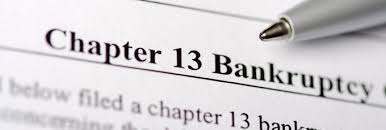
The bankruptcy laws do not require married couples to file bankruptcy together. This is one of those things that people do because they just assume they have no choice, and you can bet that one, two, or five knowledgeable people (none of them bankruptcy lawyers) told them they absolutely had to file jointly. If you are going to declare bankruptcy, and you are married, then several circumstances dictate the outcome of your filing.
When One Spouse Has Much Better Credit Than the Other
Credit ratings are as unique as fingerprints, so the odds are good that either you or your spouse will have a better credit rating. If the difference is quite a bit, then it might be a good idea to file the bankruptcy under that person’s name only. However, you can only write off debts under that bankruptcy if the debt account is under that person’s name individually or jointly. So, just for example, if your spouse has old medical bills (in their name only, from before you married them) that would be eligible for discharge under a bankruptcy, the only way to write those debts off is for either them to file bankruptcy alone or jointly with you. Therefore, you alone cannot write those debts off, because your name is not connected to them in any way. In most cases that I handle, married couples file together, simply because the majority of their debts are jointly held, and thus they want to fix both of their credit ratings and protect their jointly held assets.
 Reboot Your Life: Tampa Student Loan and Bankruptcy Attorney Blog
Reboot Your Life: Tampa Student Loan and Bankruptcy Attorney Blog









